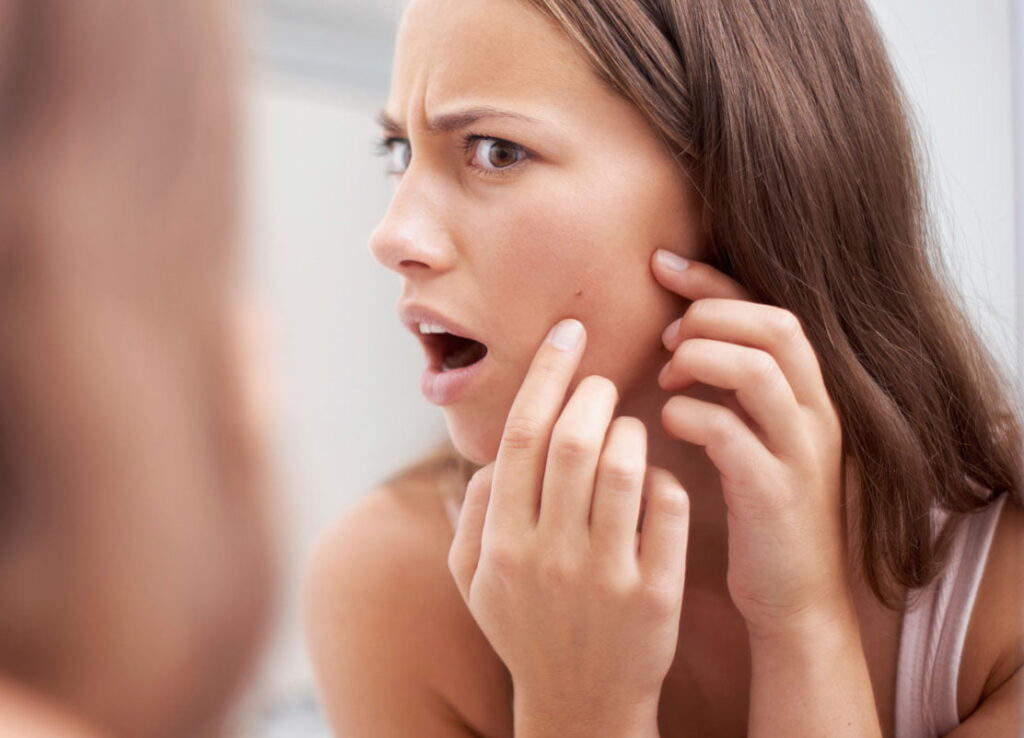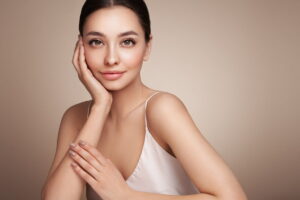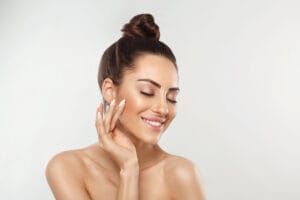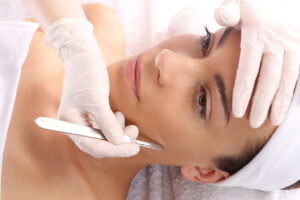Pimples, boils, blemishes, zits—there are plenty of words describing the annoying spots that affect most of us at one point or another. Would adolescence be the same without the dreaded outbreak? The next generation could be the first to find out…
A recent study took a look at what really causes acne and possible ways to combat this common condition.
The struggle is real
Even though 80 percent of those between 11-30 years old struggle with breakouts, hardly any of us know what causes pimples. We do know that almost everyone is covered in acne-causing bacteria most of the time. This bacteria, Propionibacterium acnes, often gets trapped in our pores, resulting in inflammation and an overproduction of sebum—and ultimately leading to that monster of a pimple begging to be popped.
So why are some people more prone to acne than others? Are hair follicles to blame?
The study points to the possibility that hair follicles are the culprit behind your personal risk of breakouts. Thicker, more vulnerable follicles are a great environment for bacteria to congregate, which can mean more pimples. When the P. Acnes bacteria finds itself stuck in an area with little-to-no oxygen, it turns into fatty acids and inflames the skin.
This research also helps to explain why acne is most common among teenagers: hormonal fluctuations send production of oil and sebum into overdrive, giving bacteria more fuel to inflame hair follicles.
Options for treating acne
Though this study gives hope for finding more effective and permanent acne solutions, there is nothing currently on the market that can rid you of acne for good. That being said, there are medical-grade treatment options that can help clarify your skin and calm inflammation.
To achieve the best results, it’s important to find an experienced skincare professional you can trust. They will evaluate your unique needs and design a customized plan to tackle your acne issues. At our practice in Rancho Cucamonga, we offer a number of skin treatments that can help reduce acne including laser acne treatments like ELOS and professional skincare products, ultrasonic facials, and more. Our highly trained staff of MD-supervised physician assistants, nurses, and aestheticians can help you determine the best options for you during a skin evaluation and consultation.
Contact us today to learn about your options.




